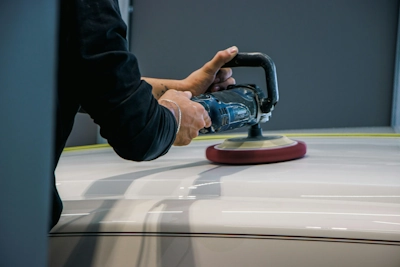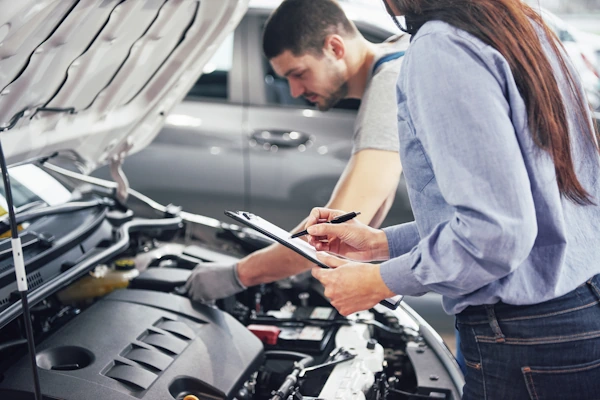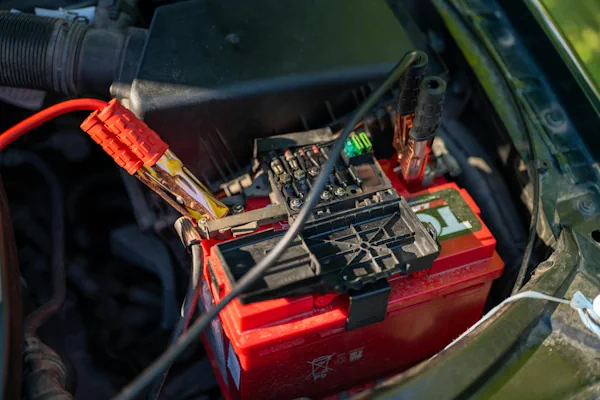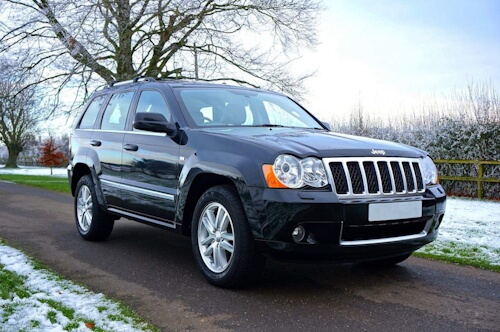Wheel and Tyre Balancing
Balancing the wheels on your car is essential when fitting new tyres. Not only will it make your drive more enjoyable, it also makes for a smoother ride and helps to minimise tyre wear.
Why do wheels need balancing?
All it takes is 15 grams of uneven weight distribution for a vibration to be felt in your car.
Due tothe mass-manufacturing techniques used to create wheels, as well as the many layers and materials used in the construction of modern tyres, the chances of each being perfectly balanced are slim.
There are two common types of imbalance:
Static imbalance
Static imbalance occurs when there’s a heavy or light spot in the tyre or wheel. This means the tyre won’t roll evenly, and the tyre and wheel will undergo an up-and-down motion. If your car is experiencing this type of imbalance, you’ll feel a hop or vertical vibration that comes and goes with vehicle speed.
Dynamic imbalance
Dynamic imbalance occurs when there is unequal weight on one or both sides of the tyre and wheel assembly. This leads to what is known as a wheel shimmy. If your wheel and tyre suffer from this type of imbalance, you’ll feel a side-to-side or wobbling vibration, similar to a warped brake disc.
How do I get my wheels balanced?
Most wheel assemblies typically have at least a minor degree of imbalance of each type.
Fixing the imbalance requires spin balancing in order to create an even weight distribution. This is achieved by a technician placing counterweights on the rim’s outer surface to offset the imbalance.
When the wheel balancing system tests for (as close to) perfect weight distribution, the assembly is in balance and won’t vibrate. Your tyres will ride smoothly and wear evenly – provided there are no other issues to resolve.
If you’re experiencing this problem, your local Tyrepower store can use a balancer that detects the condition, helping us to remount the tyre in the optimum position.
Wheel weight types and placement
Some OEM wheels and most aftermarket wheel designs today typically require unique weight placement to achieve both precise balance and aesthetic appeal. Different types of wheel weights are used for each type of wheel. Your local Tyrepower can inform you of the best method for your wheel type.
Other causes of car vibrations
In some cases, even though your wheels are perfectly balanced, you may still feel a vibration when driving your car. That’s because there are many causes of vehicle vibration, including the following:
- Bent wheel
- Tyre out of round (radial or lateral runout)
- Wheel to axle mounting error
- Inconsistent tyre sidewall stiffness (force variation)
- Brake component wear or failure
- Drive train or engine component wear or failure
- Suspension wear or failure
- Wheel bearing wear or failure
- Wheel alignment is out
ARRANGE A WHEEL BALANCING FOR YOUR CAR WITH TYREPOWER
If you’re ready to check the balance of your tyres, or you need assistance with other tyre maintenance, get in touch with your local Tyrepower today to arrange an appointment. You can call us directly on 13 21 91 or find your nearest Tyrepower here.
If you’re trying to track down the source of vibrations or rattles in your car and you suspect you need a wheel balance, contact on to enquire today, or visit their at to book an appointment.
Not your store? Find your nearest Tyrepower here.























